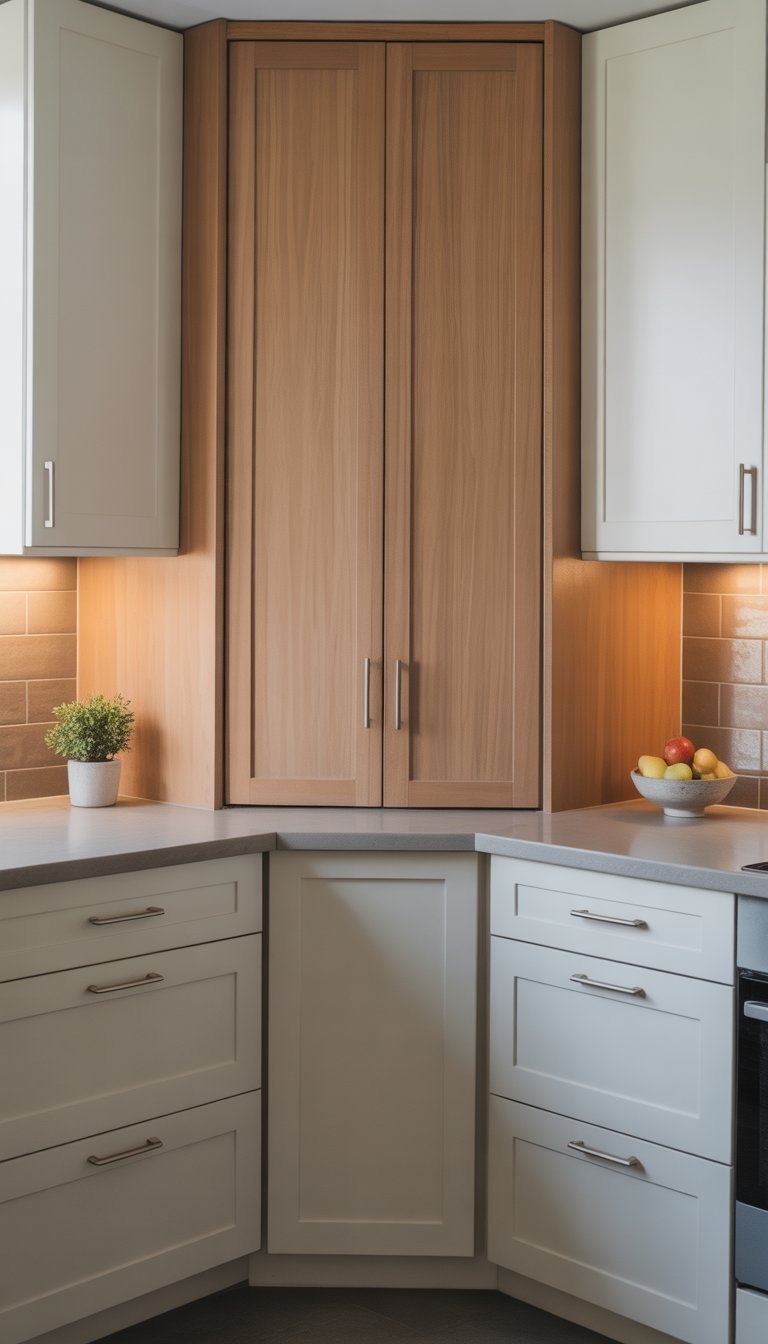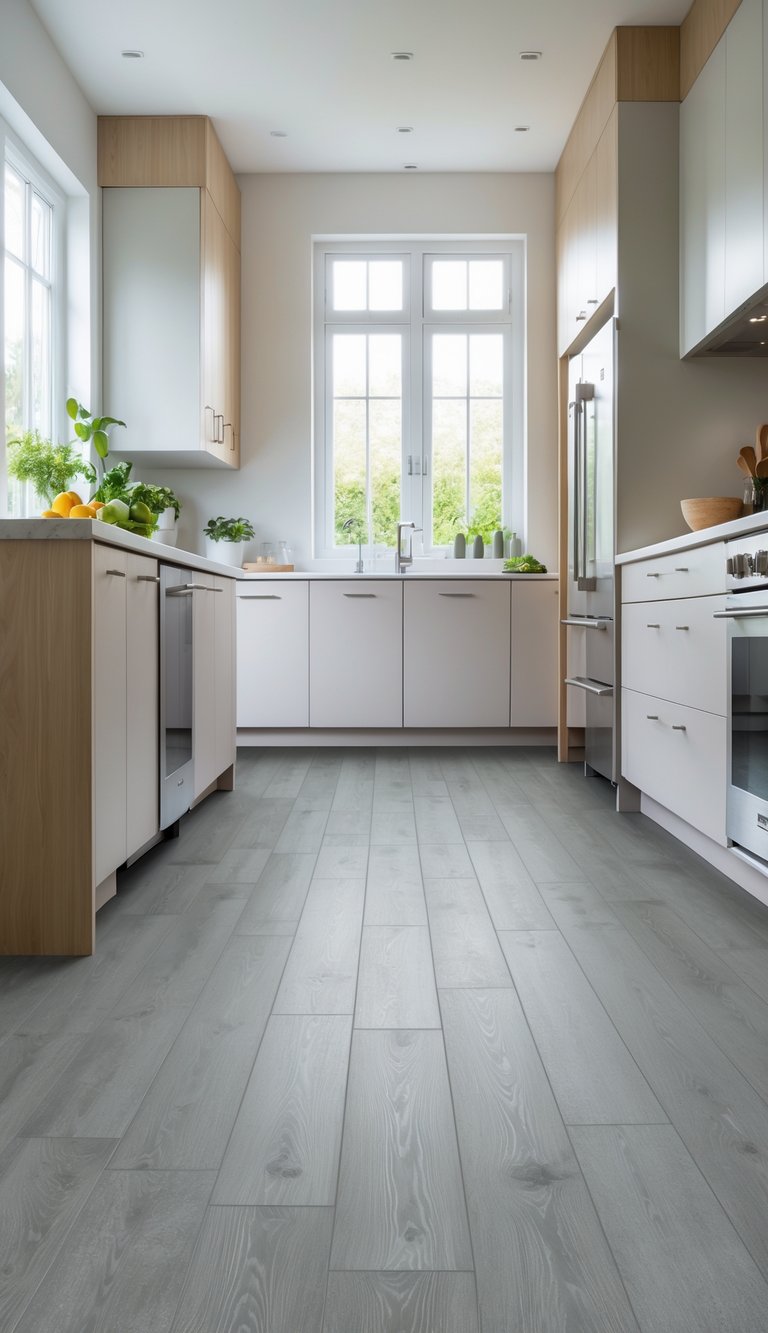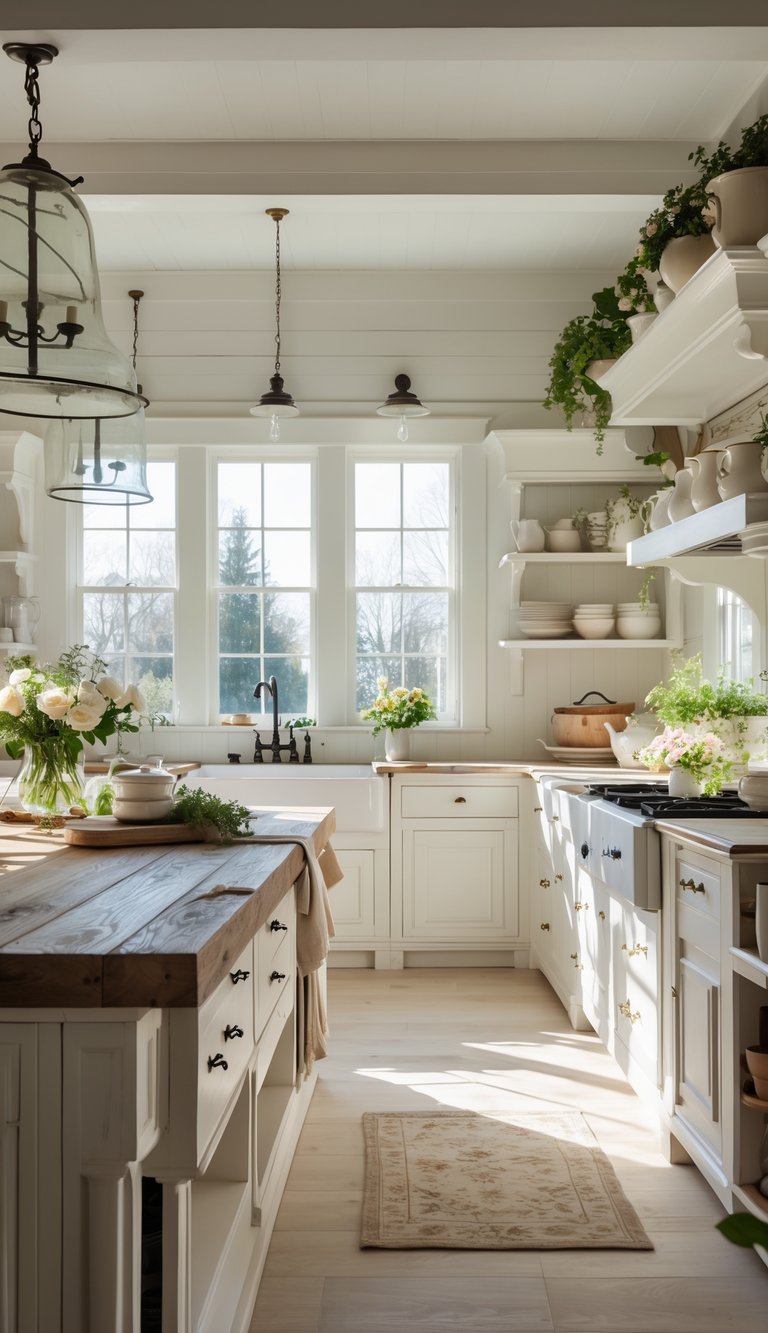How to Remove Stains from Countertops Safely
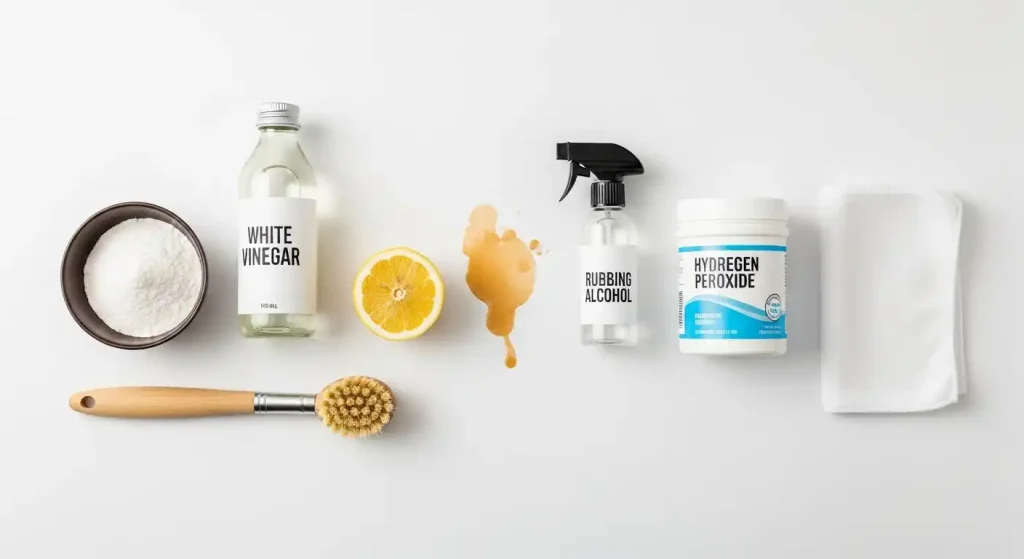
Spilled coffee again? Yep, your countertop saw it all. Whether it’s red wine from last night’s dinner or greasy splatters from your fried chicken experiment, stains seem to have a way of hanging around long after the mess is cleaned up.
Countertops are meant to be the crown jewel of your kitchen, but stains can turn that polished surface into a dull eyesore.
The tricky part? Not all countertops are created equal. What works like a charm on laminate could completely ruin marble.
That’s why knowing the right stain removal method for your specific surface is the difference between saving your counters and calling in a replacement.
🍁🎃 Fall Finds & Seasonal Savings on Amazon !
Don’t miss out on the best discounts and top-rated products available right now!
*As an Amazon Associate, I earn from qualifying purchases.
In this guide, you’ll learn how to remove stains from countertops of every material—from granite and quartz to laminate and butcher block.
We’ll cover the best cleaners, DIY solutions, expert tips, and even prevention strategies so your counters stay spotless and stress-free.
Understanding Your Countertop Material
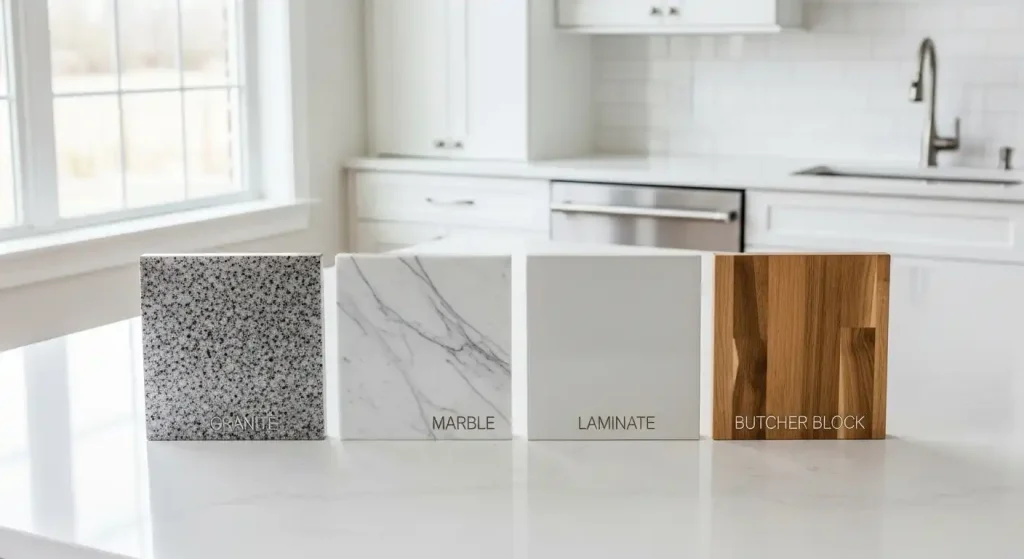
Here’s the thing: countertops are like people—each has its quirks. A red wine spill on marble is a five-alarm emergency, but on laminate? You’ve got wiggle room.
Before you grab the nearest spray bottle, pause and know your surface:
| Material | What to Avoid | Best Practices |
|---|---|---|
| Granite/Quartz | Vinegar, lemon, bleach | Use mild soap, poultices, seal annually |
| Marble | Acidic cleaners, scrubbing | Gentle poultices, reseal often |
| Laminate | Abrasive powders, steel wool | Mild soap, baking soda paste |
| Butcher Block | Harsh chemicals, excess water | Sand + reseal, oil monthly |
Pro Tip: When in doubt, always test your cleaner in a hidden corner first. Better safe than sorry.
How to Remove Common Stains from Countertops
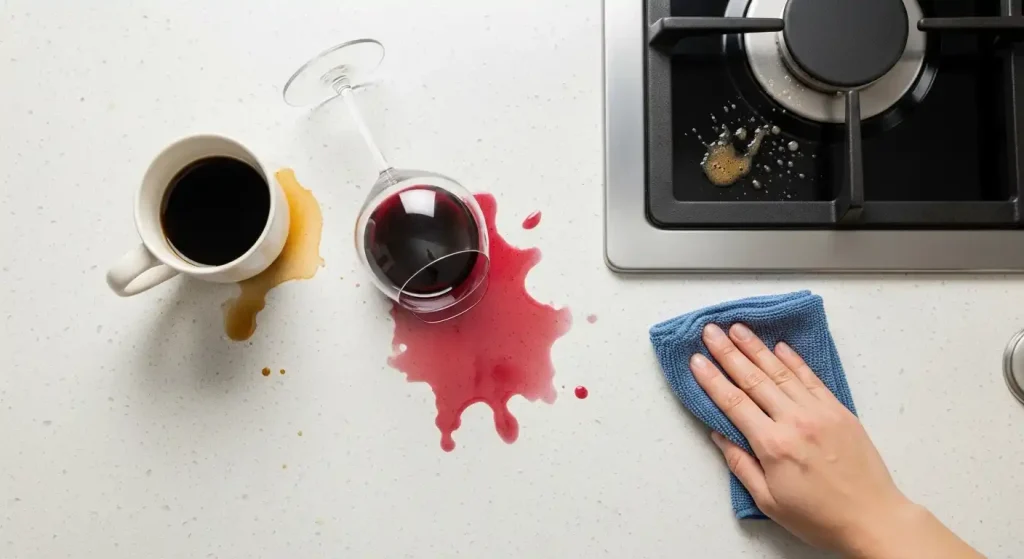
Everyday stains are universal: coffee, tea, wine, grease, water spots, and ink. Here’s how to tackle each one without damaging your counters.
Coffee & Tea Stains
- Granite/Quartz: Make a baking soda paste (3 parts baking soda + 1 part water). Spread, cover with plastic wrap, let sit overnight, then wipe clean.
- Laminate: A little dish soap + warm water works wonders. For stubborn marks, use a dab of baking soda.
- Marble: Stick with hydrogen peroxide applied gently with a cloth (avoid scrubbing).
Red Wine Stains
- Granite/Marble: Create a hydrogen peroxide poultice (peroxide + baking soda). Apply thickly, cover, and leave for 12–24 hours.
- Laminate: Dish soap + warm water first. If needed, try rubbing alcohol on a soft cloth.
- Butcher Block: Sand lightly and re-oil the area.
Grease & Oil Stains
- Granite/Quartz: Use cornstarch or baking soda to draw out oil. Apply, let sit overnight, then wipe clean.
- Laminate: Dish soap with hot water usually does the trick.
- Butcher Block: Sprinkle salt or baking soda, scrub with lemon, then rinse and oil.
Water Marks & Mineral Deposits
- Quartz/Laminate: White vinegar works great for removing cloudy spots—just don’t use it on marble.
- Marble/Granite: Use a specialty stone cleaner or a poultice (never vinegar).
- Butcher Block: Sand lightly and re-oil.
Food Dye & Ink Stains
- Quartz/Laminate: Rubbing alcohol on a cotton ball removes most inks and dyes.
- Marble: Use hydrogen peroxide sparingly.
- Granite: A baking soda poultice often works best.
Pro Tip: Always use a microfiber cloth instead of paper towels—less scratching, better shine.
Countertop-Specific Cleaning Methods
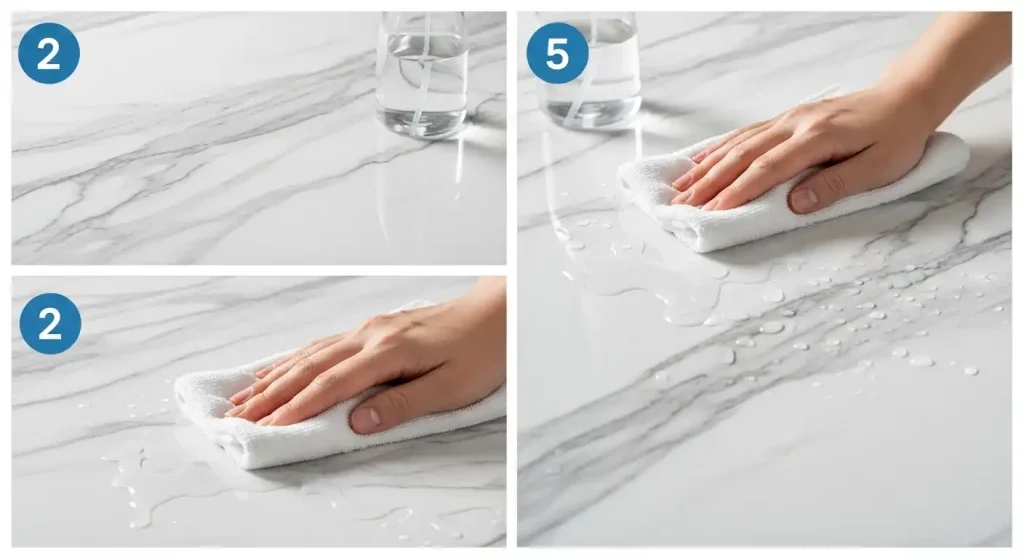
Now let’s dive into what really matters: tailoring your cleaning routine to your countertop type.
Granite & Quartz Countertops
- Daily cleaning: Mild dish soap + warm water.
- Stain removal: For organic stains (coffee, wine), use hydrogen peroxide. For oil stains, use baking soda paste.
- Avoid: Vinegar, bleach, and lemon juice—they break down sealants.
- Extra tip: Seal granite once a year to prevent staining. Quartz usually doesn’t need sealing.
Marble Countertops
- Daily cleaning: Use a pH-neutral stone cleaner or mild soap.
- Stain removal: Make a poultice with baking soda + water or hydrogen peroxide for light stains.
- Avoid: Any acidic cleaner. Vinegar and lemon will etch marble instantly.
- Extra tip: Marble is high-maintenance—reseal every 6–12 months.
Laminate Countertops
- Daily cleaning: Dish soap + warm water.
- Stain removal: Baking soda paste for coffee, wine, or ink. Magic Eraser for stubborn marks (use gently).
- Avoid: Abrasive powders or steel wool—these scratch easily.
- Extra tip: Laminate doesn’t need sealing but can chip—use cutting boards.
Butcher Block (Wood) Countertops
- Daily cleaning: Wipe with mild dish soap and water, then dry immediately.
- Stain removal: Sprinkle coarse salt, rub with half a lemon, rinse, then oil. For deep stains, sand lightly.
- Avoid: Harsh chemicals or letting water sit.
- Extra tip: Oil monthly with food-safe mineral oil to prevent drying and staining.
Tools & Products That Really Work
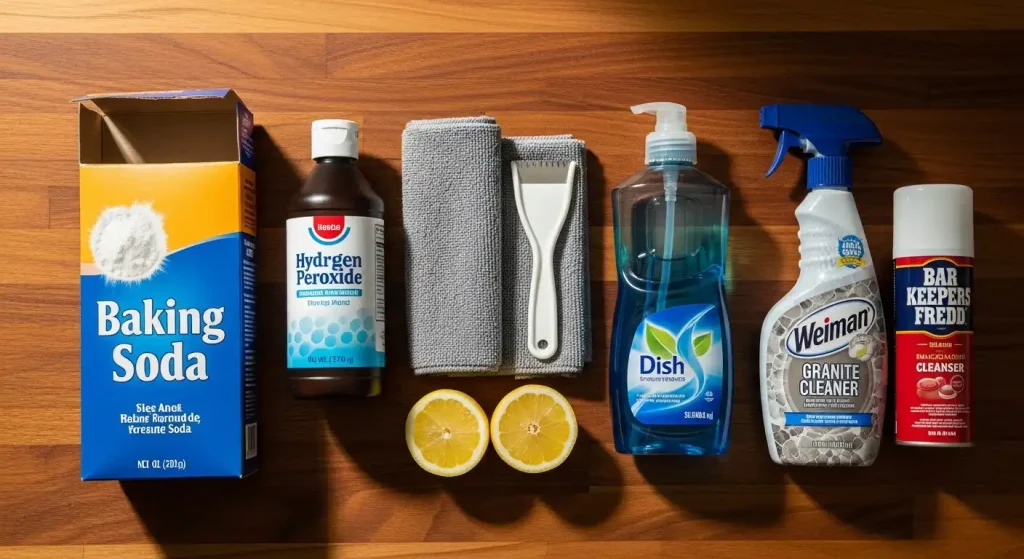
Want to stock a countertop cleaning kit? Here’s what you’ll need:
DIY Essentials:
- Baking soda
- Hydrogen peroxide
- Dish soap
- Rubbing alcohol
- Lemon + coarse salt
Commercial Products (safe picks):
- Weiman Granite Cleaner (granite & quartz)
- Bar Keepers Friend (laminate & stainless steel)
- Soft Scrub Gel (laminate & quartz)
Tools:
- Microfiber cloths
- Non-abrasive sponges
- Plastic scraper
- Poultice bag (or just plastic wrap for DIY)
How to Prevent Countertop Stains
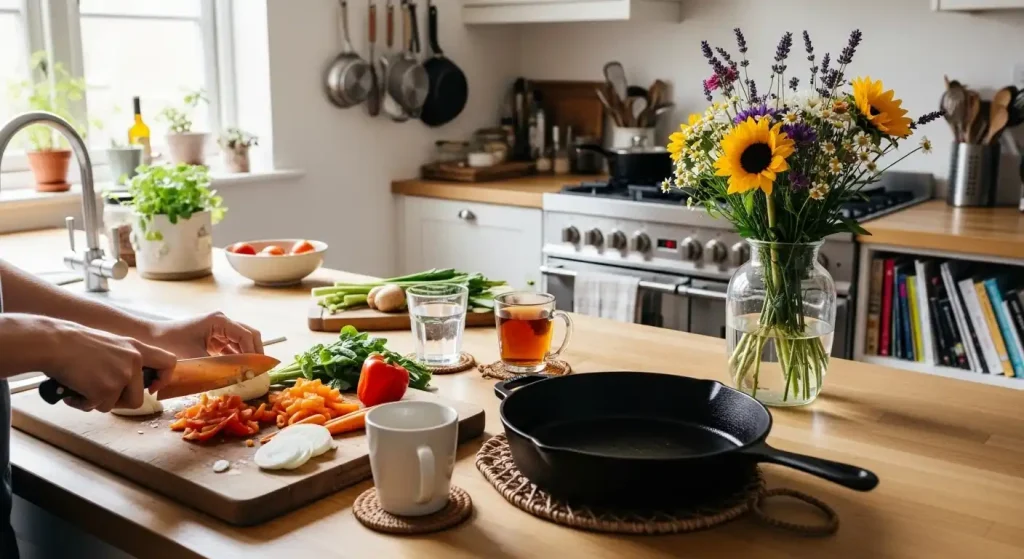
Because honestly, prevention beats scrubbing:
- Wipe spills immediately—don’t give them time to soak in.
- Use coasters for drinks, trivets for hot pans, and cutting boards for food prep.
- Seal natural stone (granite/marble) once a year.
- Oil butcher block monthly.
- Never assume “all-purpose cleaner” means safe for your surface.
Pro Tip: Keep a small spray bottle of mild dish soap + water under the sink for quick daily wipe-downs.
🍁🎃 Fall Finds & Seasonal Savings on Amazon !
Don’t miss out on the best discounts and top-rated products available right now!
*As an Amazon Associate, I earn from qualifying purchases.
Conclusion
Countertops are the workhorses of the kitchen, but stains don’t have to be permanent.
Whether you’re dealing with coffee, grease, wine, or water marks, knowing how to remove stains from countertops the right way keeps your surfaces looking brand new.
The trick is matching the cleaner to the countertop type—what’s safe for laminate could ruin marble, and what works on butcher block might not touch granite.
With the right mix of DIY solutions, specialty cleaners, and preventive care, your counters will stay sparkling clean for years.
So the next time a coffee cup leaves a ring or your kid’s juice box explodes, don’t panic—grab your stain-fighting arsenal and tackle it like a pro.


